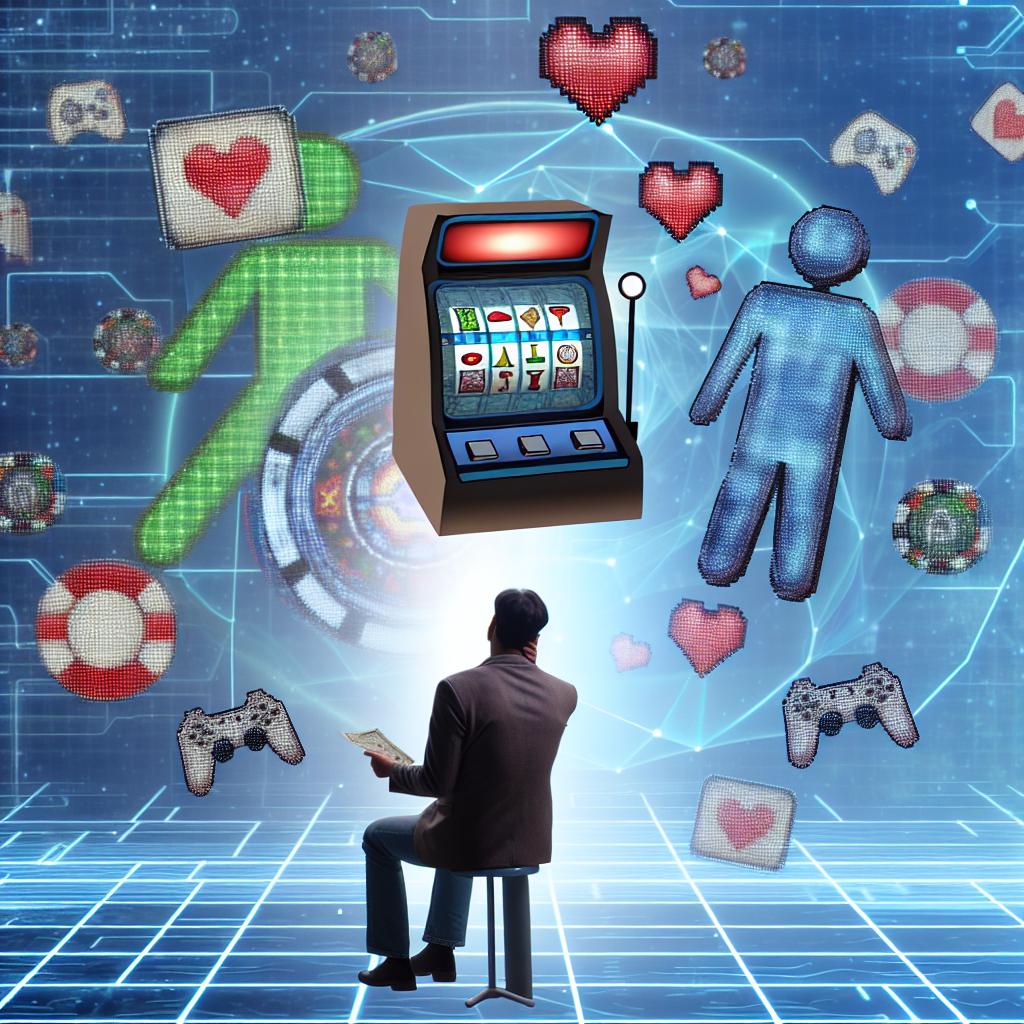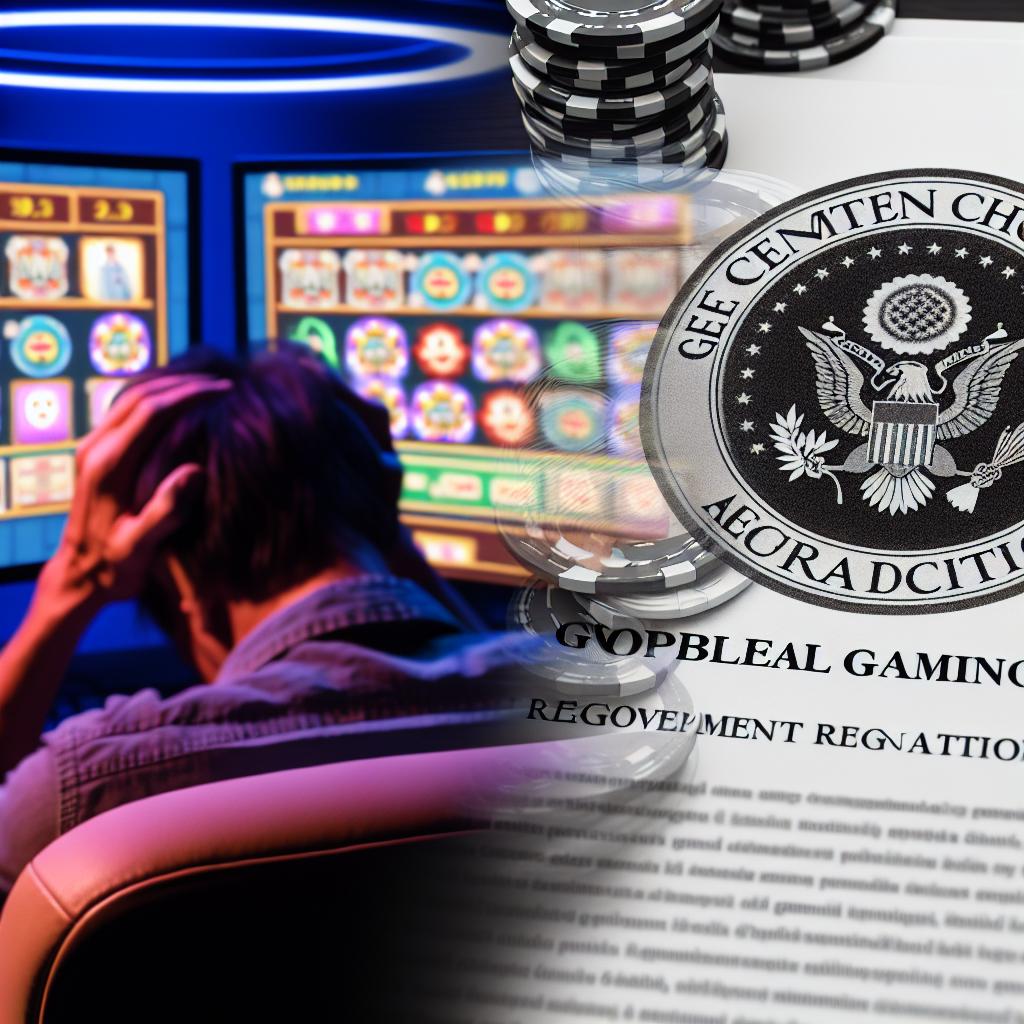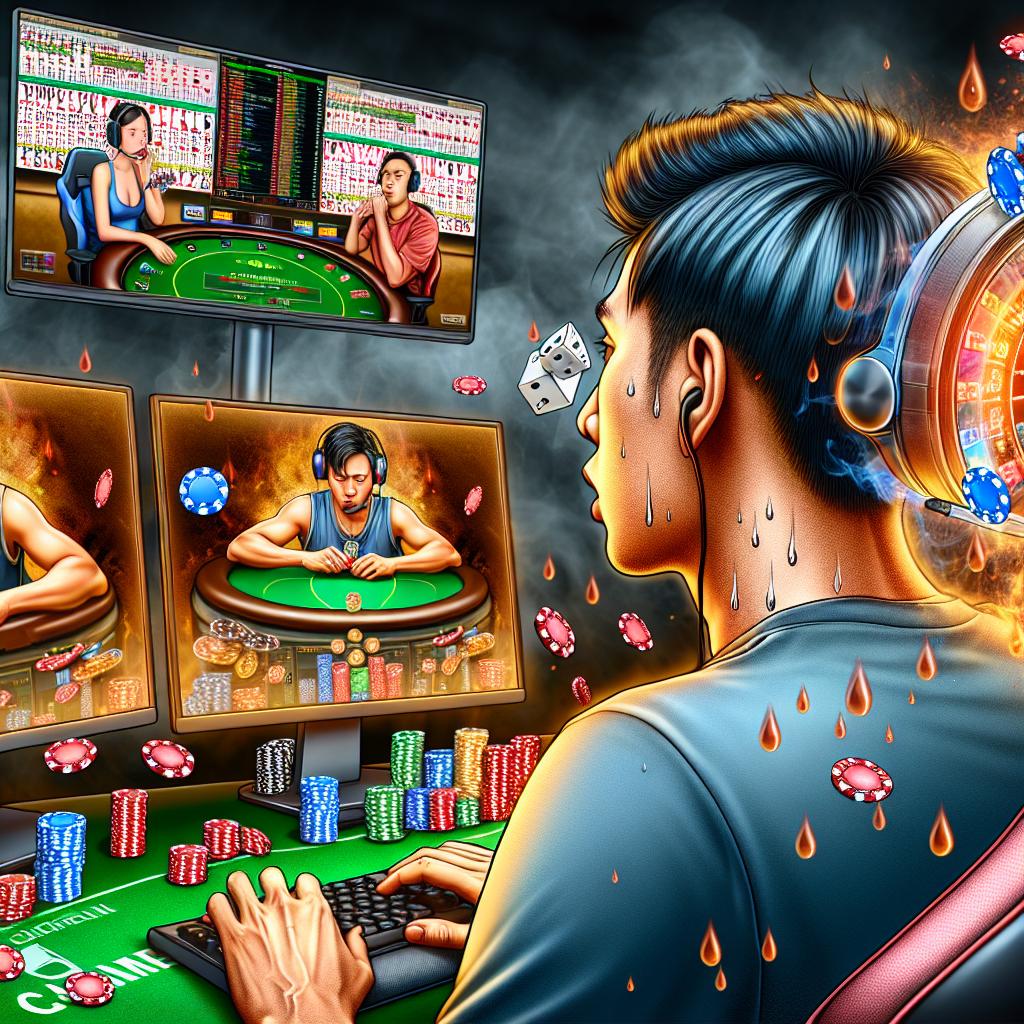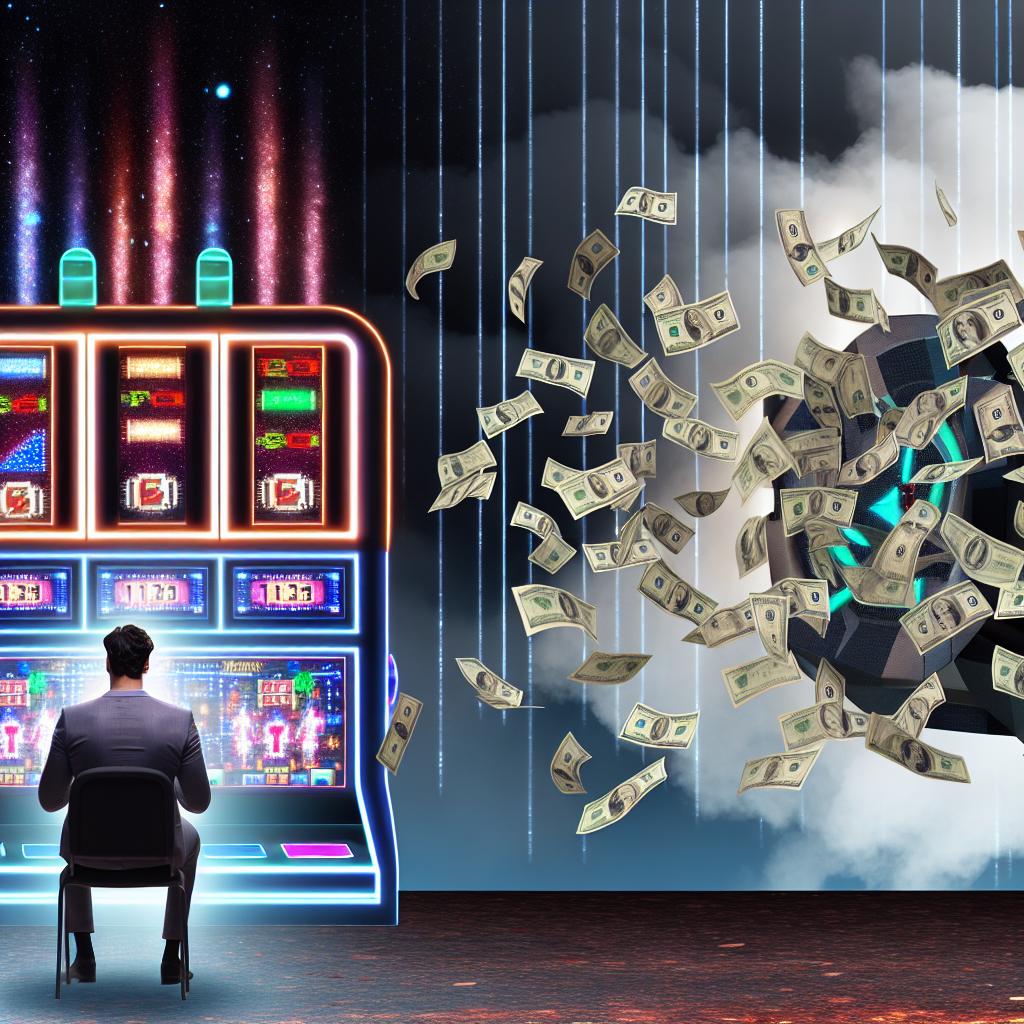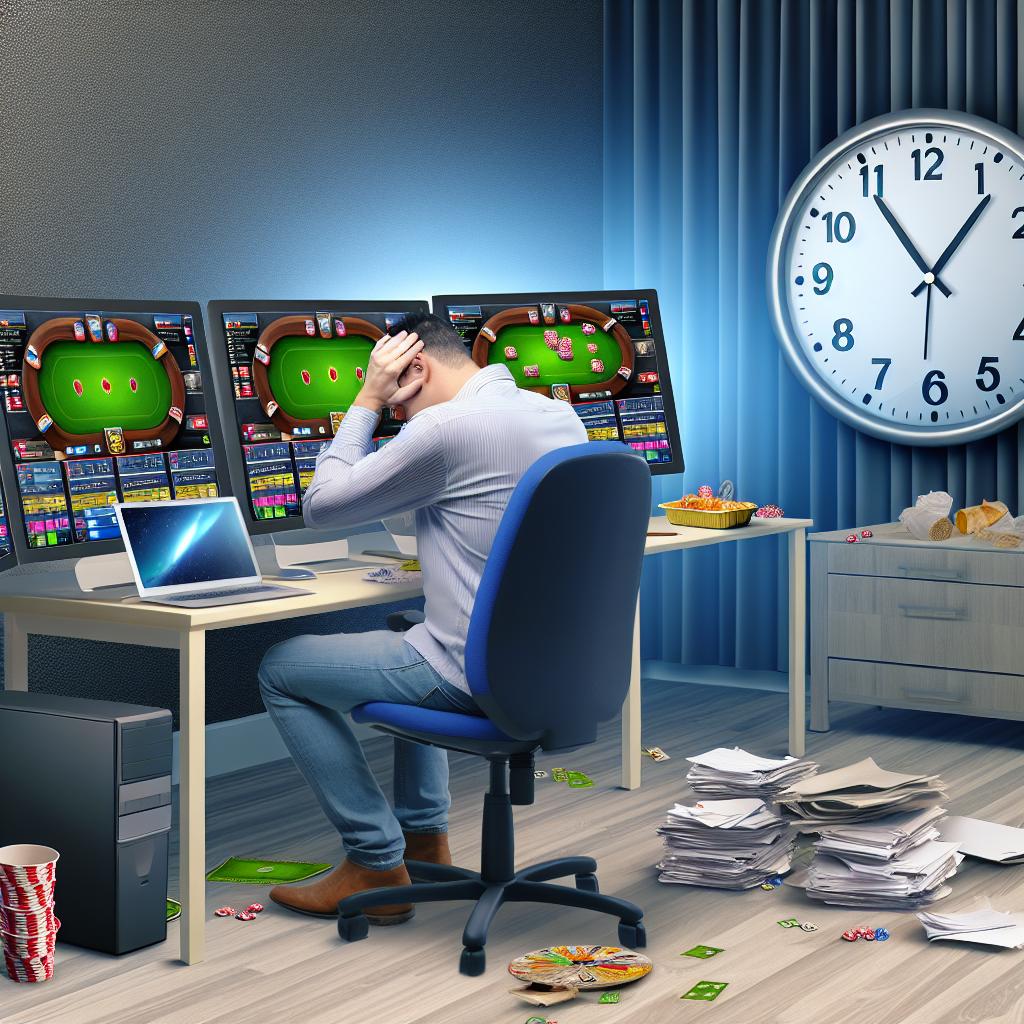Understanding Media Influence on Gaming Culture
The intersection of media and gaming culture is an evolving landscape where influence plays a critical role. To understand this relationship, it’s essential to explore how media shapes perceptions, trends, and behaviors within the gaming community.
The Role of Media in Shaping Gaming Narratives
Media outlets, including television, online platforms, and streaming services, significantly influence gaming culture by shaping narratives around games and the gaming industry. They can introduce new games, highlight player achievements, and provide platforms for discussing both positive aspects and criticisms of gaming practices.
Positive Influence Through Coverage and Critique
Media coverage can bring attention to innovative games and developers, providing them with broader exposure. It also serves as a platform for critiques, offering reviews and analysis that can guide player choices. For instance, gaming reviews on sites like IGN or Polygon help players make informed decisions about their purchases.
The media landscape offers an essential avenue for developers who lack the vast marketing budgets of larger corporations. Press coverage can propel an indie game into the limelight, fueling its popularity and success. By highlighting uniqueness or artistic merit in such games, media enables smaller developers to harness significant attention, which can sometimes make or break a game’s trajectory.
Challenges of Representation and Stereotyping
Conversely, media can also perpetuate stereotypes or misrepresent certain aspects of gaming culture. This can include reinforcing negative stereotypes about gamers or overlooking diversity within the gaming community. Addressing these issues is crucial for media outlets looking to provide a balanced view of the gaming world.
The portrayal of gamers as anti-social or overly aggressive is a stereotype that has persisted in some media representations. Such portrayals disregard the diversity and richness found within the gaming world, which includes a multitude of genres that foster cooperation, creativity, and critical thinking. To enhance the accuracy of the portrayal of gaming culture, media outlets must strive to include a variety of voices and experiences, promoting more inclusivity and ensuring a comprehensive depiction of what it means to be a gamer.
Impact of Streaming and Social Media
Streaming platforms such as Twitch and social media networks have democratized content creation, allowing gamers to share experiences and build communities. This shift has had a profound impact on the culture of gaming.
Rise of the Influencer
Influencers play a significant role in shaping gaming trends. With large followings on platforms like YouTube or Twitch, these individuals can sway public opinion about games, impacting sales and popularity. They often highlight new features, showcase gameplay, and engage directly with audiences, bridging the gap between developers and consumers.
Influencers often act as intermediaries between game developers and the audience, providing firsthand insights into gameplay mechanics and storyline. Through their videos and streams, they offer a unique perspective that can validate or challenge public expectations about a game. Their impact on purchases and player engagement cannot be understated, as many enthusiasts rely on influencer feedback to make their gaming choices.
Community Engagement and Interaction
Social media and streaming create spaces for gamers to connect and engage with one another. These platforms allow for real-time interaction and foster a sense of community around games, enhancing the overall gaming experience. Players can share tips, collaborate, and even participate in competitive events.
Furthermore, the interactive nature of live streams transforms spectators into active participants, encouraging immediate feedback and community involvement. Streamers frequently incorporate their audience into the game through polls, live commentaries, or guest appearances. This bidirectional flow of communication nurtures a community atmosphere, turning passive viewers into an integral part of the gaming journey.
Gaming Journalism and Ethics
The relationship between media and gaming culture is also shaped by the ethics of gaming journalism. Trustworthy reporting and transparent reviews are essential for maintaining credibility among audiences.
Ensuring Transparency and Fairness
Gaming journalism must prioritize ethical standards to maintain trust. This includes disclosing conflicts of interest, providing unbiased reviews, and avoiding sensationalism. Journals like GameSpot emphasize ethical reporting to foster credibility.
In an industry where close ties between developers and journalists can cloud impartiality, establishing ethical guidelines is crucial. Transparency about sponsorships, early access privileges, or any financial ties to game publishers can mitigate potential biases, restoring faith among consumers who rely heavily on these sources for authentic information.
Key Aspects of Ethical Journalism
To delve deeper into the facets of ethical journalism, one must consider the accountability of journalists and their responsibility to foster accuracy in reporting. Ethical journalism goes beyond simply avoiding plagiarism or misrepresentation; it encompasses a commitment to truthfulness and providing context to claims. Reporters ought not only to share what’s occurring within the gaming realm but should also explain why it matters, thus producing a more meaningful connection with their audience.
The Future of Media Influence in Gaming
As media continues to influence gaming culture, its role will likely evolve with technological advancements and changing consumer behaviors. Understanding this dynamic is crucial for stakeholders within the gaming industry to adapt and thrive.
The future trajectory of media influence on gaming will likely be shaped by the emergence of new technologies like virtual reality, augmented reality, and artificial intelligence. These technologies promise to redefine gaming experiences, broadening the palette of possibilities for development and storytelling. As media adjusts to embrace these innovations, their coverage may also expand to explore their implications on interactive entertainment, usability, and market trends.
Consumers, developers, and media entities alike must remain agile, adapting to this continuously shifting terrain to harness gaming’s evolving narratives and community dimensions. By doing so, they can ensure that gaming’s growth is inclusive, innovative, and rooted in both the past and the future.

